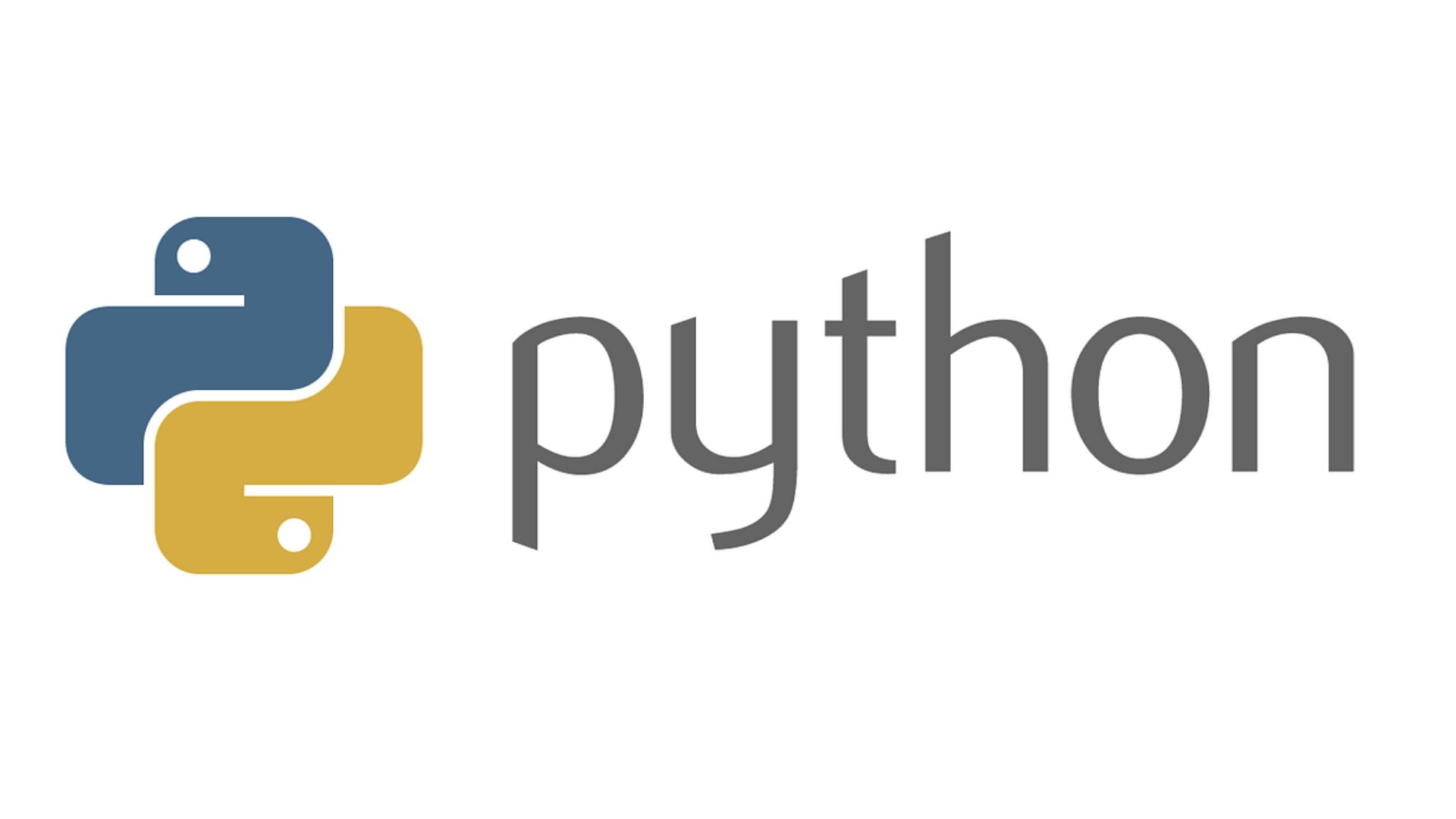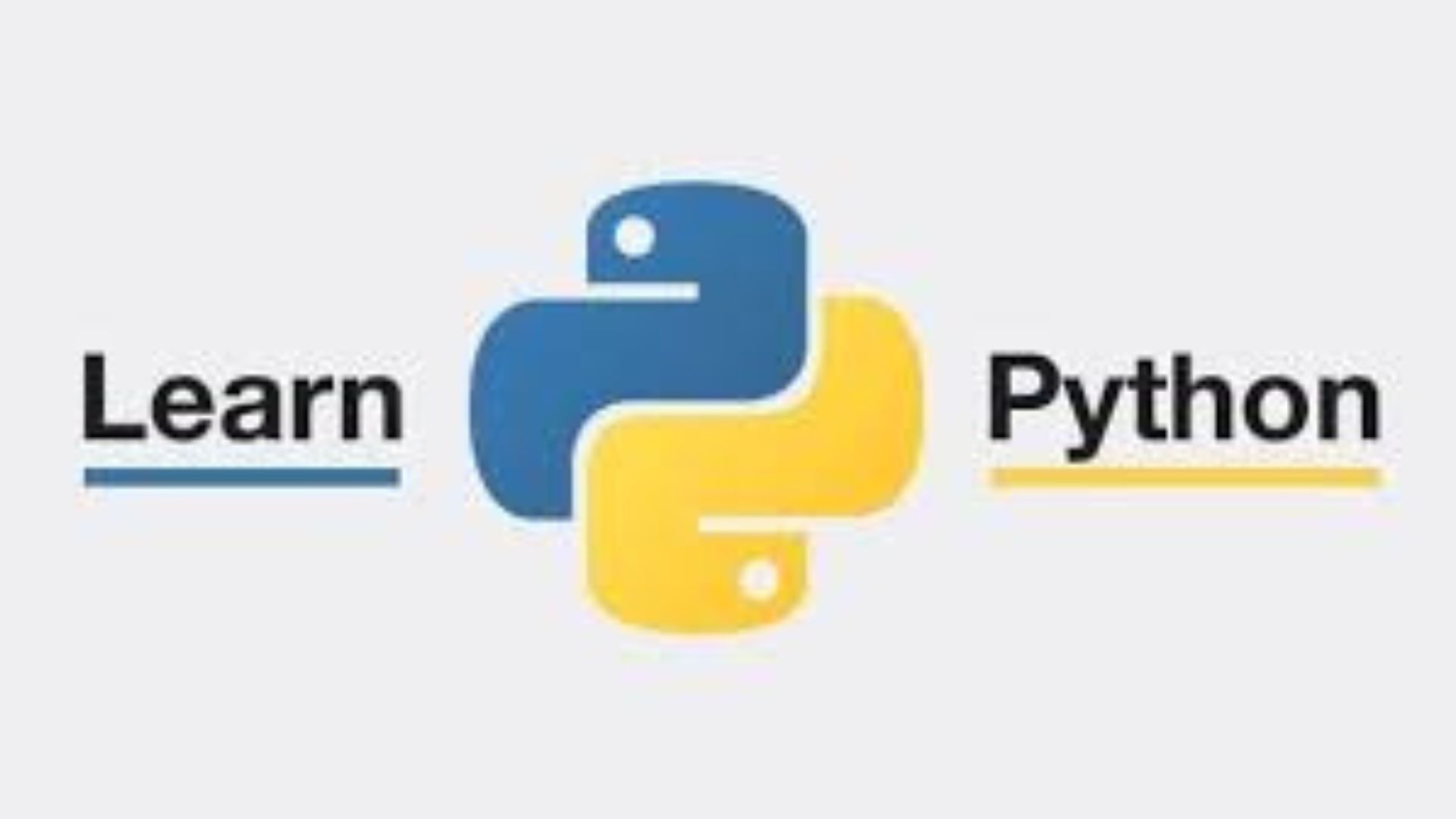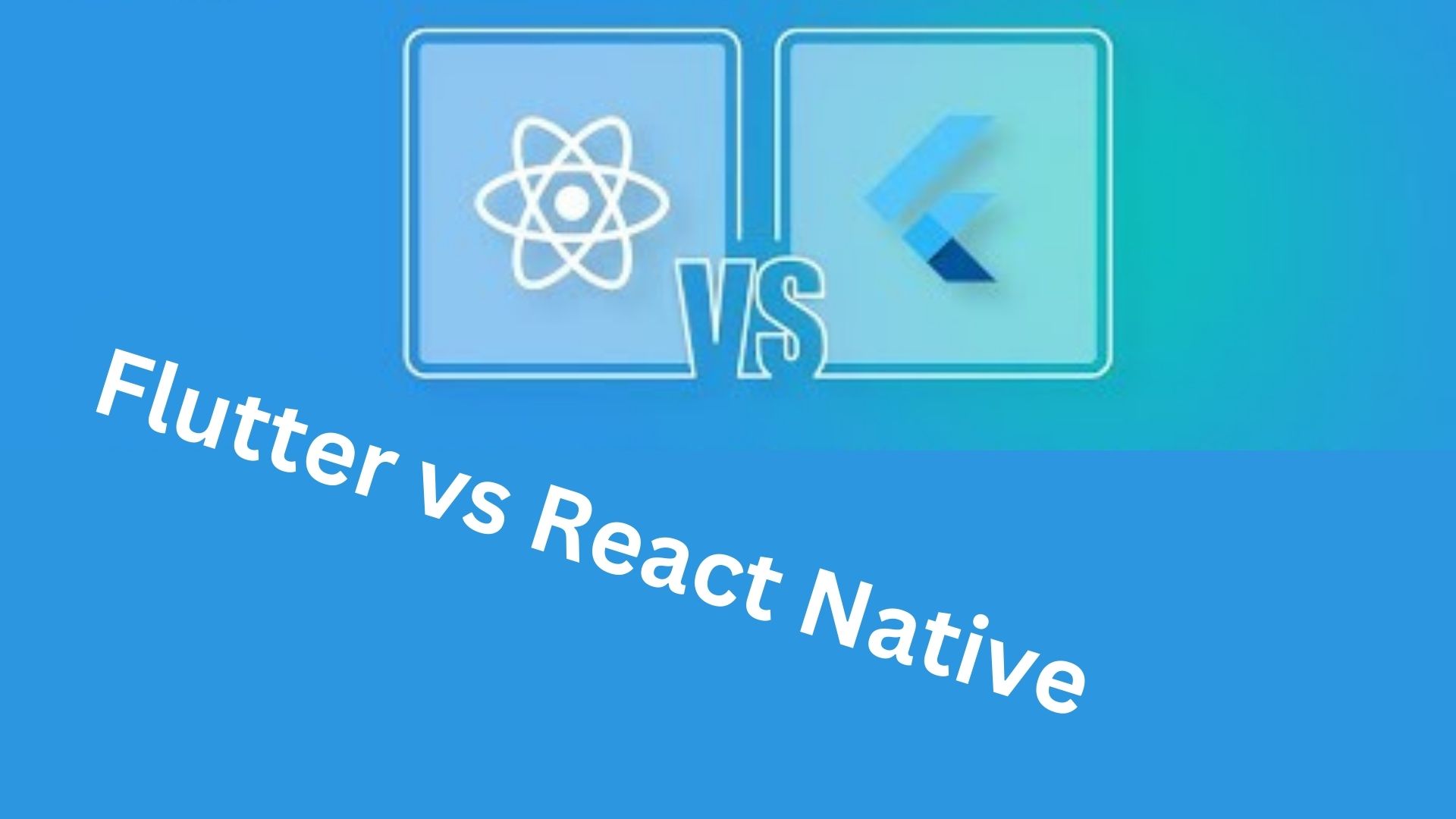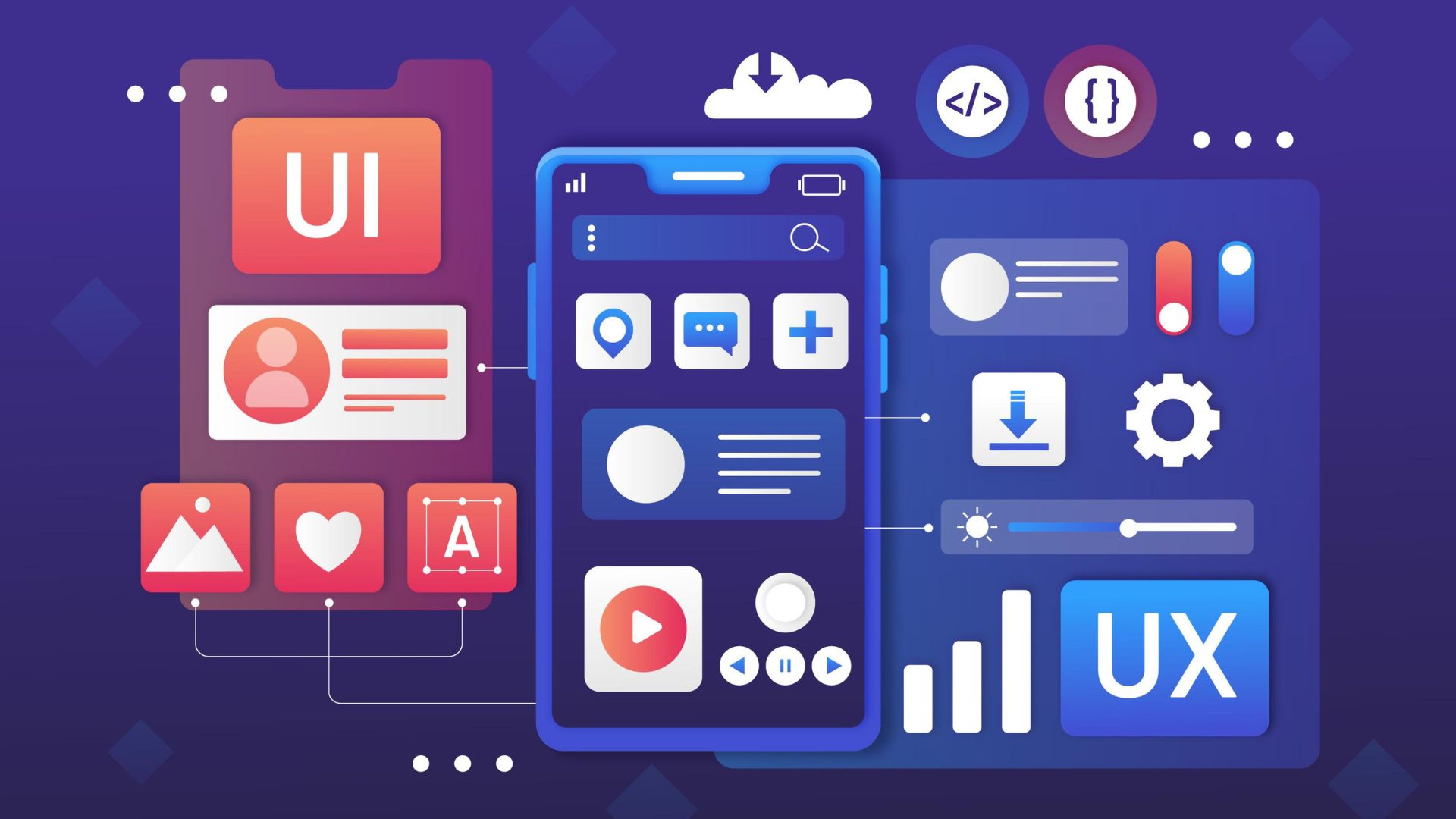
After mastering the fundamentals of Python programming, the natural progression entails delving into more intricate and advanced concepts to elevate one’s skills and proficiency. Transitioning from Python basics opens the door to a realm of possibilities where learners can deepen their understanding of the language’s nuances and explore its vast capabilities. This phase of learning, often referred to as intermediate Python, involves immersing oneself in topics such as object-oriented programming (OOP), data structures, algorithms, and advanced libraries and frameworks. Object-oriented programming, a cornerstone of modern software development, empowers programmers to organize their code into reusable and modular components, enhancing scalability and maintainability.
Understanding OOP principles like classes, objects, inheritance, and polymorphism is crucial for building robust and flexible applications. Furthermore, mastering data structures and algorithms equips developers with the tools needed to optimize code efficiency and solve complex computational problems. By exploring various data structures such as lists, dictionaries, and sets, and algorithms like sorting and searching, learners gain insights into optimizing program performance and resource utilization.
Moreover, delving into advanced Python libraries and frameworks opens up a plethora of opportunities to extend the language’s capabilities and build sophisticated applications. Libraries like NumPy, Pandas, and TensorFlow provide powerful tools for scientific computing, data analysis, and machine learning, while frameworks like Django and Flask offer streamlined solutions for web development. By familiarizing themselves with these libraries and frameworks, learners can expedite development processes and leverage pre-built functionalities to tackle real-world challenges effectively.
Additionally, mastering best practices and techniques for Python development is essential for writing clean, maintainable, and efficient code. Adhering to coding standards, implementing proper documentation, utilizing debugging tools, writing comprehensive tests, and employing version control systems are all integral aspects of the development workflow that contribute to the overall quality and reliability of software projects. In essence, the journey from Python basics to intermediate and advanced levels is a transformative experience that equips learners with the skills, knowledge, and confidence to tackle diverse projects and navigate the ever-evolving landscape of software development with ease and proficiency.
This journey of continuous learning and skill enhancement in Python programming is not just about mastering syntax and language features; it’s about cultivating a mindset of problem-solving and innovation. As learners progress beyond the basics, they are challenged to think critically, design elegant solutions, and collaborate effectively with peers in the development community. Embracing the ethos of lifelong learning, intermediate Python enthusiasts eagerly explore new technologies, experiment with emerging trends, and contribute to open-source projects, enriching their own knowledge while giving back to the broader programming community.
Furthermore, the transition from Python basics to intermediate and advanced levels is not a linear path but rather a dynamic and iterative process. It involves continuous experimentation, iteration, and refinement as learners encounter new challenges and seek innovative solutions. Along the way, they discover their unique areas of interest and expertise, whether it’s data science, web development, artificial intelligence, or any other domain where Python thrives. This diversity of interests and specializations contributes to a vibrant and inclusive community where individuals from all backgrounds come together to learn, collaborate, and innovate.
Ultimately, what sets apart proficient Python programmers is not just their technical prowess but also their creativity, adaptability, and passion for lifelong learning. Beyond mastering the intricacies of the language, they embrace a growth mindset that fuels their curiosity, resilience, and willingness to push the boundaries of what’s possible. In this ever-evolving landscape of technology and innovation, the journey from Python basics is not merely a destination but a continuous odyssey of growth, discovery, and endless possibilities.
Table of Contents
Introduction to Intermediate Python Concepts
Introduction to Intermediate Python Concepts marks a pivotal stage in your journey as a Python programmer. Having acquired a solid foundation in the language’s syntax and basic functionalities, it’s time to venture into more sophisticated areas that will exponentially expand your programming prowess. This phase is not just about learning new syntax or commands but delving deeper into the core principles that underpin Python’s versatility and power. It’s about understanding the essence of object-oriented programming (OOP) and how it allows you to model real-world entities and relationships in your code with greater flexibility and scalability.
It’s about mastering data structures and algorithms, the building blocks of efficient and optimized code, enabling you to manipulate and process data with finesse and speed. Furthermore, it’s about exploring the vast landscape of advanced Python libraries and frameworks, each offering specialized tools and functionalities tailored to different domains and applications. From data analysis and machine learning to web development and beyond, these libraries empower you to tackle complex challenges with confidence and efficiency. However, mastering intermediate Python concepts is not just about acquiring theoretical knowledge; it’s equally about honing your problem-solving skills through hands-on practice and experimentation.
It’s about tackling challenging projects, breaking them down into manageable tasks, and applying your newfound knowledge to craft elegant and efficient solutions. In essence, Introduction to Intermediate Python Concepts marks the transition from a novice to a more seasoned Python programmer, equipping you with the skills and confidence to tackle more ambitious projects and embark on a journey of continuous learning and growth in the dynamic world of Python programming.
In this phase of your Python journey, you’ll encounter concepts that may initially seem daunting, but with perseverance and practice, they will become second nature. Object-oriented programming, for example, introduces new paradigms for structuring your code, emphasizing modularity, reusability, and encapsulation. Understanding how to design and implement classes, inheritance, and polymorphism will not only make your code more organized and maintainable but also open up new possibilities for building complex systems and applications.
Moreover, mastering data structures and algorithms is essential for writing code that performs optimally, especially when dealing with large datasets or computationally intensive tasks. Whether it’s efficiently storing and retrieving data with arrays, lists, or dictionaries, or implementing sophisticated algorithms like sorting and searching, a solid understanding of these concepts will sharpen your problem-solving skills and enable you to tackle a wide range of computational challenges.
As you delve deeper into intermediate Python concepts, you’ll also have the opportunity to explore advanced libraries and frameworks that extend the language’s capabilities in various domains. Whether you’re interested in data analysis, scientific computing, web development, or artificial intelligence, there’s a wealth of tools and resources available to help you realize your vision and bring your ideas to life.
Ultimately, Introduction to Intermediate Python Concepts is about pushing yourself out of your comfort zone, embracing challenges, and expanding your horizons as a programmer. It’s about going beyond the basics and unlocking the full potential of Python as a versatile and powerful language for solving real-world problems. So, roll up your sleeves, dive in headfirst, and get ready to embark on an exhilarating journey of discovery and growth in the world of intermediate Python programming.
Understanding Object-Oriented Programming (OOP) in Python
Understanding Object-Oriented Programming (OOP) in Python is pivotal for any developer looking to harness the full power and flexibility of the language. At its core, OOP is a programming paradigm centered around the concept of “objects” – encapsulated units that combine data and behavior. In Python, everything is an object, making it a natural fit for OOP principles.
One of the key tenets of OOP is the concept of classes and objects. A class serves as a blueprint for creating objects, defining their structure and behavior. Objects, on the other hand, are instances of classes, representing specific entities with their own unique attributes and methods. By leveraging classes and objects, developers can create modular and reusable code, promoting code organization and maintainability.
Inheritance and polymorphism are also fundamental concepts in OOP. Inheritance allows classes to inherit attributes and methods from other classes, facilitating code reuse and promoting the DRY (Don’t Repeat Yourself) principle. Polymorphism, on the other hand, enables objects to take on different forms or behaviors depending on the context, promoting flexibility and extensibility in code design.
Implementing OOP in Python involves defining classes with attributes and methods, instantiating objects from those classes, and leveraging inheritance and polymorphism to build complex systems. Python’s syntax for defining classes is straightforward and intuitive, making it accessible to both beginners and experienced developers alike. By mastering OOP in Python, developers can write more modular, scalable, and maintainable code, unlocking new possibilities for software development and problem-solving.
Furthermore, understanding OOP in Python opens doors to a wide range of design patterns and architectural paradigms that can further enhance code quality and maintainability. Design patterns such as the Singleton pattern, Factory pattern, and Observer pattern provide solutions to common software design problems, promoting code reusability and extensibility.
Python’s support for multiple inheritance and mixins allows developers to compose classes from multiple sources, providing flexibility in code design. This enables the creation of complex hierarchies and promotes code reuse by allowing classes to inherit behavior from multiple parent classes.
Another essential aspect of OOP in Python is encapsulation, which involves bundling data and methods within a class and controlling access to them through access specifiers such as public, private, and protected. Encapsulation helps in hiding the internal implementation details of a class, promoting information hiding and reducing dependencies between different parts of the codebase.
Additionally, OOP enables developers to model real-world entities more accurately, making code more intuitive and easier to understand for both developers and stakeholders. By representing entities as objects with attributes and behaviors, developers can create more expressive and maintainable code that closely mirrors the problem domain.
In summary, mastering Object-Oriented Programming in Python is essential for any developer looking to write clean, modular, and maintainable code. By understanding the core principles of OOP and leveraging Python’s rich features and syntax, developers can unlock new levels of productivity and creativity in their software projects.
Mastering Data Structures and Algorithms in Python
Mastering data structures and algorithms in Python is a pivotal step towards becoming a proficient programmer. Data structures form the backbone of any software application, providing efficient ways to store and organize data. In Python, you have access to a plethora of built-in data structures such as lists, dictionaries, sets, and tuples, each serving specific purposes and offering different performance characteristics. Understanding the strengths and weaknesses of these data structures is essential for writing code that is both elegant and efficient.
Moreover, delving into algorithms equips you with the tools to solve complex computational problems effectively. Algorithms are step-by-step procedures designed to perform specific tasks, whether it’s searching for an item in a list, sorting elements in ascending order, or traversing a graph to find the shortest path. By studying various algorithms and their implementations in Python, you gain insights into algorithmic thinking and problem-solving strategies that can be applied across a wide range of domains.
Furthermore, mastering data structures and algorithms not only enhances your ability to write efficient code but also fosters a deeper understanding of computer science principles. You’ll learn about fundamental concepts such as time complexity, space complexity, and algorithmic analysis, which are crucial for evaluating the performance of your code and making informed decisions when designing algorithms.
Practicing data structures and algorithms in Python involves more than just memorizing syntax; it requires critical thinking, problem-solving skills, and the ability to analyze and optimize code for performance. Through hands-on exercises, algorithmic challenges, and project-based learning, you’ll sharpen your programming skills and develop a toolkit that empowers you to tackle real-world problems with confidence.
In essence, mastering data structures and algorithms in Python is not just about learning a set of tools; it’s about honing your problem-solving abilities and gaining a deeper understanding of the underlying principles that drive software development. Whether you’re aiming to ace technical interviews, optimize code for performance, or build scalable software solutions, a solid grasp of data structures and algorithms is indispensable. So roll up your sleeves, dive into the world of data structures and algorithms, and embark on a journey of continuous learning and growth as a Python programmer.
Exploring Advanced Python Libraries and Frameworks
Exploring advanced Python libraries and frameworks opens up a vast world of possibilities for developers seeking to enhance their projects with cutting-edge functionalities and efficient solutions. Python’s extensive ecosystem boasts a plethora of specialized libraries and frameworks catering to various domains and use cases. Whether you’re delving into data science, machine learning, web development, or scientific computing, there’s a library or framework tailored to your needs. For instance, NumPy and Pandas excel in data manipulation and analysis, offering powerful tools for handling large datasets with ease.
TensorFlow and PyTorch are go-to choices for machine learning and deep learning tasks, providing robust frameworks for building and training neural networks. In the realm of web development, Django and Flask stand out as top contenders, offering scalable and feature-rich frameworks for building web applications. These frameworks streamline common development tasks, such as routing, authentication, and database management, allowing developers to focus on building unique and innovative features. Moreover, exploring advanced libraries and frameworks not only expands your technical repertoire but also exposes you to industry best practices and standards. By immersing yourself in these tools, you gain valuable insights into efficient coding patterns, architectural principles, and performance optimization techniques.
Furthermore, leveraging advanced libraries and frameworks empowers you to tackle complex problems more effectively, accelerating your development workflow and enabling you to deliver high-quality solutions in less time. In essence, exploring advanced Python libraries and frameworks is not just about acquiring new tools; it’s about unlocking the full potential of the Python ecosystem and elevating your capabilities as a developer.
By embracing advanced Python libraries and frameworks, developers gain access to a wealth of resources and expertise within the Python community. Collaborating with like-minded professionals and contributing to open-source projects becomes more accessible, fostering a culture of knowledge-sharing and innovation. Additionally, exploring these libraries and frameworks cultivates adaptability and problem-solving skills, as developers learn to navigate diverse technical landscapes and integrate disparate components seamlessly. This adaptability is crucial in today’s fast-paced tech industry, where staying ahead often means embracing new technologies and methodologies.
Furthermore, mastering advanced Python libraries and frameworks enhances career prospects, as proficiency in these tools is highly sought after by employers across various industries. Whether you’re aiming for a career in data science, artificial intelligence, web development, or software engineering, expertise in advanced Python technologies can set you apart from the competition and open doors to exciting opportunities. In summary, exploring advanced Python libraries and frameworks is not just a means to an end; it’s a journey of continuous learning and growth that enriches both professional skills and personal development.
Best Practices and Tips for Python Development
Mastering Python development goes beyond just writing code that works; it’s about writing code that is maintainable, efficient, and scalable. Best practices and tips for Python development encompass a wide range of considerations, from code readability to project organization and collaboration.
First and foremost, adhering to the PEP 8 style guide is essential. Consistent code formatting not only makes your code more readable but also helps maintain a cohesive codebase, especially when working in teams. It’s crucial to follow naming conventions, indentation rules, and spacing guidelines outlined in PEP 8 to ensure your code is easy to understand for yourself and others.
Additionally, incorporating debugging techniques into your workflow is paramount. Python provides robust tools for debugging, such as the built-in pdb debugger and third-party packages like ipdb. Learning how to effectively use these tools to identify and fix errors will significantly improve your development process and save you time debugging later on.
Documentation is another critical aspect of Python development. Writing clear and comprehensive documentation for your code not only helps others understand its purpose and usage but also serves as a reference for yourself in the future. Tools like Sphinx make it easy to generate documentation from docstrings, ensuring that your code remains well-documented throughout its lifecycle.
Furthermore, testing is an integral part of Python development. Writing unit tests using frameworks like unittest or pytest allows you to verify that individual components of your code work as expected. Additionally, implementing continuous integration (CI) pipelines with tools like Travis CI or GitHub Actions ensures that your code is automatically tested whenever changes are made, helping to catch bugs early and maintain code quality.
Version control is another essential aspect of modern software development. Using a version control system like Git enables you to track changes to your codebase, collaborate with others, and easily revert to previous versions if needed. Understanding branching strategies, merging workflows, and pull request etiquette is crucial for effective collaboration in a team setting.
In summary, mastering best practices and tips for Python development involves adopting a holistic approach that encompasses code readability, debugging, documentation, testing, and version control. By incorporating these practices into your workflow, you can write cleaner, more maintainable code and become a more proficient Python developer.
How to level up from Python basics

Transitioning from mastering the fundamentals of Python to reaching a higher echelon of proficiency involves a strategic approach focused on continuous learning and practical application. As you embark on this journey to level up from Python basics, it’s imperative to first consolidate your understanding of core concepts such as variables, data types, loops, and functions. Once you have a solid grasp of these foundational elements, you can begin to explore more advanced topics that broaden your expertise and deepen your understanding of the language.
One crucial aspect of leveling up in Python is gaining proficiency in object-oriented programming (OOP). Understanding OOP principles like encapsulation, inheritance, and polymorphism empowers you to design and implement more modular, scalable, and maintainable code. By learning how to create and manipulate objects, classes, and methods, you’ll unlock the ability to architect complex systems and solve intricate problems with elegance and efficiency.
Moreover, mastering data structures and algorithms is paramount for writing efficient and optimized code. Delve into the intricacies of data structures such as lists, dictionaries, stacks, queues, and trees, and explore algorithms for searching, sorting, and traversing these structures. By honing your skills in data manipulation and algorithmic problem-solving, you’ll be equipped to tackle real-world challenges and optimize the performance of your Python applications.
In addition to core language concepts, leveling up in Python also entails familiarizing yourself with advanced libraries and frameworks that extend the language’s capabilities. Whether you’re interested in data analysis, machine learning, web development, or scientific computing, Python offers a plethora of libraries and frameworks tailored to various domains. Take the time to explore popular libraries like NumPy, Pandas, Matplotlib, TensorFlow, Django, and Flask, and discover how they can expedite development and enhance the functionality of your projects.
Furthermore, embracing best practices and adopting a disciplined approach to coding is essential for elevating your Python skills to the next level. Pay attention to code readability, adhere to PEP 8 guidelines, write comprehensive documentation, and incorporate testing and debugging methodologies into your workflow. By cultivating good coding habits and following industry best practices, you’ll not only write better code but also collaborate more effectively with other developers and contribute to the Python community at large.
In conclusion, leveling up from Python basics is a multifaceted journey that requires dedication, persistence, and a thirst for knowledge. By focusing on mastering object-oriented programming, data structures, algorithms, advanced libraries, and best practices, you’ll enhance your proficiency in Python and position yourself as a capable and confident programmer capable of tackling complex challenges and bringing innovative ideas to life.
FAQs About What to Learn After Python Basics
- Q: How long does it take to learn Python beyond the basics?
- A: The duration varies depending on individual pace, dedication, and prior experience. With consistent effort, one can progress through intermediate and advanced topics within a few months to a year.
- Q: Are there any prerequisites for learning advanced Python concepts?
- A: A solid understanding of basic Python syntax and programming concepts is recommended before delving into intermediate and advanced topics.
- Q: How can I practice Python programming effectively?
- A: Practice regularly by solving coding challenges, working on projects, and experimenting with different concepts and libraries. Collaborating with others and seeking feedback can also enhance your skills.
- Q: What career opportunities are available for Python developers?
- A: Python developers are in high demand across various industries, including web development, data science, machine learning, artificial intelligence, and software engineering.
- Q: Is it necessary to learn all advanced topics in Python?
- A: It’s not mandatory to learn every advanced topic in Python. Focus on areas that align with your interests, career goals, and project requirements.


